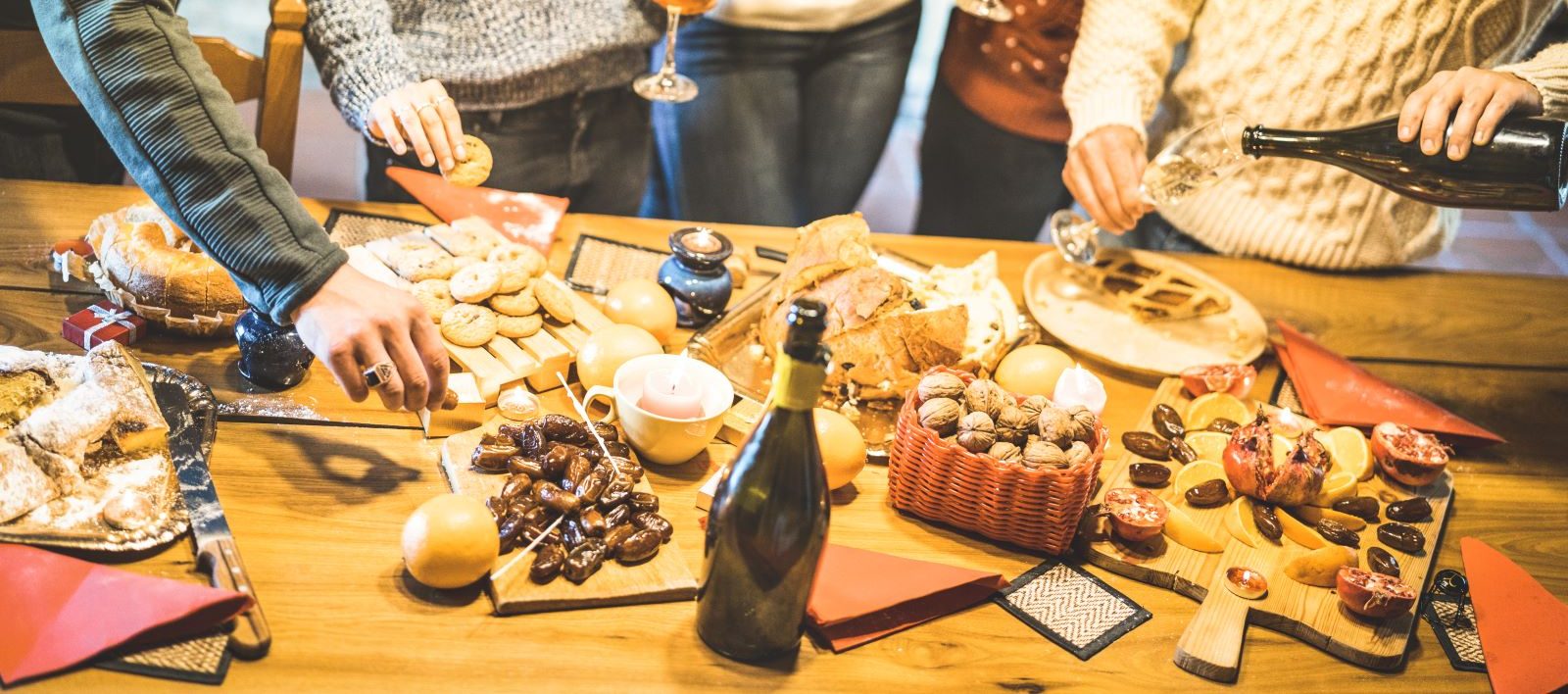<< Back
3 Surprising Holiday Foods That May Cause Kidney Stones

December 02, 2022
It’s the most wonderful time of the year – and it also might be the unhealthiest, with holiday parties threatening all those healthy eating habits you formed this year.
But your plate full of bread, meat, and lots and lots of sweets might put you at risk of more than just a couple extra pounds. Large amounts of animal protein and foods high in sugar or salt could also increase your risk of developing kidney stones.
Jean Wong, MD, urologist at the Tallwood Urology & Kidney Institute in Norwich, shares three surprising types of holiday food that can trigger kidney stones.
> Connect with the Tallwood Urology & Kidney Institute Stone Center.
Soaring sodium
A typical holiday meal can easily amount to your entire daily recommend intake of sodium.
“Eating more salt will increase the amount of calcium in your urine. This, then, increases your risk of developing kidney stones,” says Dr. Wong.
The common culprits
Three common holiday foods that trigger kidney stones include:
- Red meat. “This time of the year is very meat heavy. Animal protein foods, like red meat, can lead to an increased excretion of uric acid,” Dr. Wong says.
- Spinach, okra, beets. These popular vegetables may have nutritional value, but they also contain oxalate, which can contribute to kidney stones. Other foods high in oxalate include chocolate, nuts, rhubarb and raspberries.
- Refined sugars. There’s no need to completely avoid carbohydrates, but sugar-sweetened beverages and treats can increase the production of uric acid, while reducing its excretion in urine.
> Want more health news? Text StartHere to 85209 to sign up for text alerts
What are kidney stones?
A stone in your kidney is an irregularly-shaped solid mass or crystal that can be as small as a grain of sand or as large as a golf ball. Depending on the size of your kidney stone, you may not even realize you have one.
Even small stones can cause extreme pain as they exit the body through your urinary tract. Drinking fluids may help the process, which can take days or even weeks.
If you develop a large kidney stone that gets trapped, you may need surgery to remove it.
Signs of a stone
Kidney stone symptoms include:
- Pain in your lower back or side
- Nausea or vomiting
- Visible blood in your urine
- Feeling the need to urinate more often
Getting help
“If your pain or nausea become unmanageable at home, that is when you should seek treatment. If you have any signs of a severe infection, such as fever, chills, pain and having blood in the urine, that’s a trip to the emergency room,” says Dr. Wong.